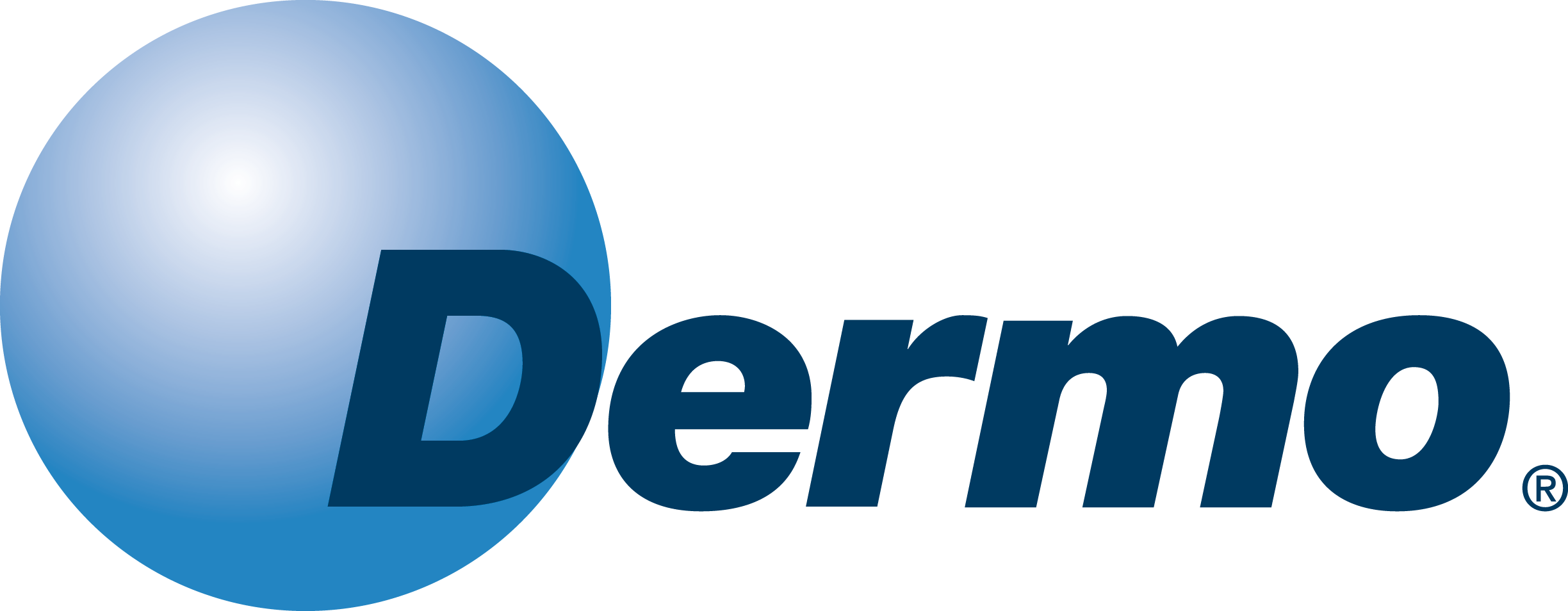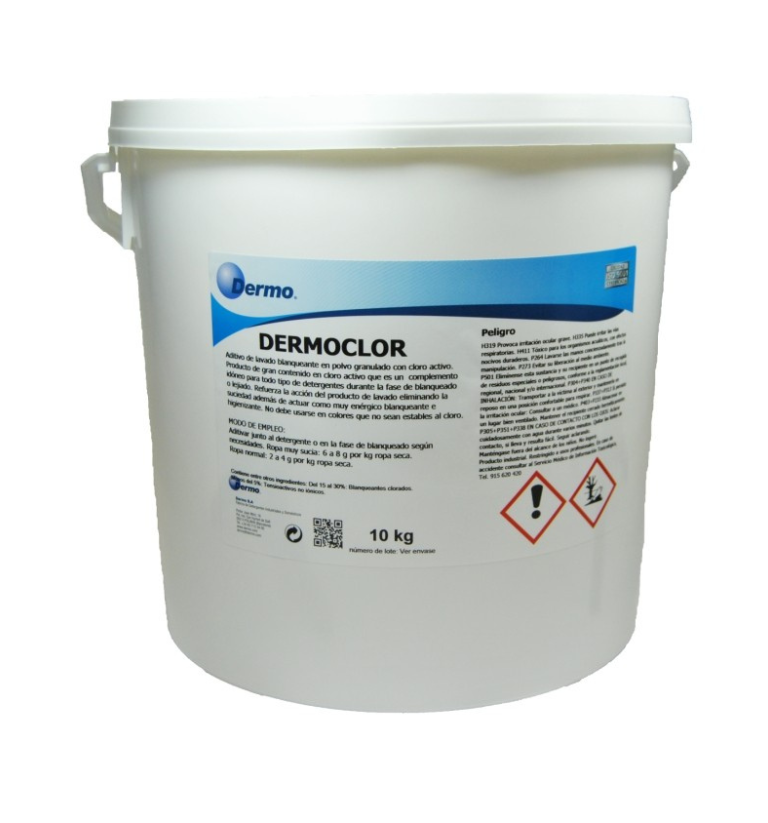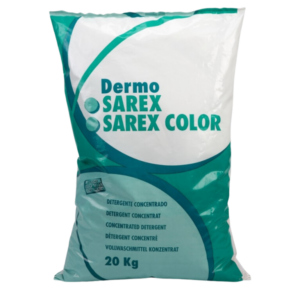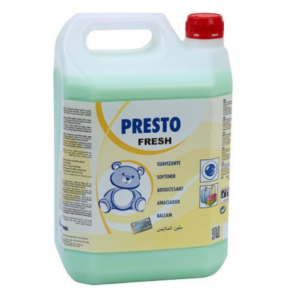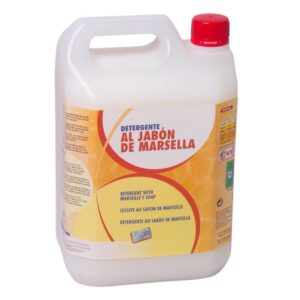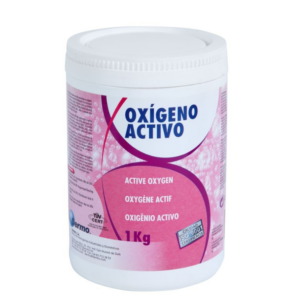FORM OF USE:
Dose in the bleach phase from 2 to 8 grams per kilo of dry clothes to temperatures among 40 and 60ºC.
Pour obtenir un bon rendement du Dermoclor et une détérioration minimale des vêtements, l’óperation de blanchiment devra s’effectuer entre 40 et 60ºC et la valeur pH doit avoir environ 10.
At a pH below 9.5 there is a higher concentration of hypochlorous acid, more aggressive than hypochlorite and will cause excessive damage to fabric.
At pH 10.5 bleaching should be done at 50-55ºC.
Do not use in chlorhexidine stains. Hypochlorite reacts with chlorhexidine resulting in brown stains which are hard to remove.
Avoid the contact of the Dermoclor with enzyme containing products. Enzymes will be inactivated by chlorine.
Make sure that after bleaching has been completed, all residual chlorine is neutralised in the rinse. An incomplete neutralisation will lead to yellowing and fabric damage during drying at elevated temperatures.
Dermoclor contains isocyanurate and alkaline salts that reduces possible malodour. Check that the product is completely dissolved because undissolved isocyanurate particles may cause pinholes.
Do not use for nylon clothes.
TECHNICAL CHARACTERISTICS
Aspect: Powder.
Color: White.
Smell: Characteristic.
Bulk density: 0.75-0.94 g/cc
COMPOSITION
Chlorine bleaches, non-ionic surfactants.
PRESENTATION
Plastic buckets:
FORMAT 10 kg
CODE 002DEC10
| FORMAT | 10 kg |
| CODE | 002DEC10 |
SAFETY / TOXICOLOGY
Causes serious eye irritation. May cause respiratory irritation. Toxic to aquatic life with side effects.
long-term harmful effects. Do not mix with acids. Keep out of reach of children. In case of accident, consult a
Medical Toxicology Information Service. Tel.: 915 620 420.
ADDITIONAL INFORMATION
INDUSTRIAL PRODUCT. PROFESSIONAL USE.
